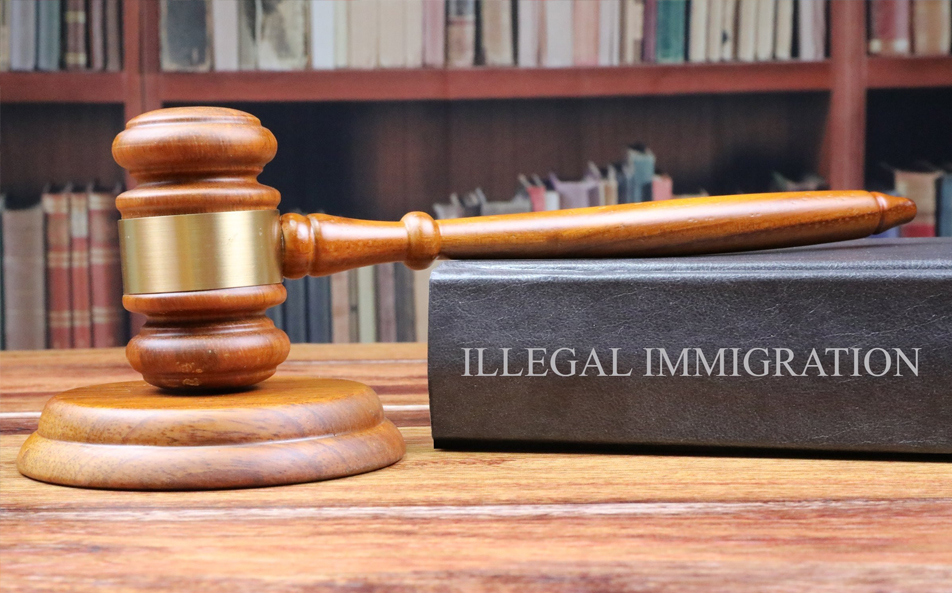An illegal immigrants right to remain in the UK will be reconsidered after a judge issued a contradictory ruling on whether he has a genuine relationship with his daughter.
Andrew Kung’u Gichuhi, a Kenyan national, initially won his appeal to stay in Britain on the grounds that it would be unreasonable to expect his daughter to leave the country. However, in the same judgment, the immigration judge also stated that the father-daughter relationship had broken down, sparking legal confusion.
After the Home Office challenged the decision as “irrational”, an upper tribunal has now ordered the case to be reheard.
The case, revealed in court papers, is the latest example of how human rights arguments are being used by illegal migrants and convicted foreign criminals to resist deportation. The situation comes as Home Secretary Yvette Cooper pledges to tighten judicial powers under new “common sense” rules to clarify the interpretation of Article 8 of the European Convention on Human Rights, which protects the right to family life.
Contradictory judgment
Mr Gichuhi had been living illegally in the UK as the unmarried partner of a British national when he applied for citizenship. The Home Office rejected his application, arguing that there were “no insurmountable obstacles” to continuing family life in Kenya.
Officials also claimed that Mr Gichuhi did not have a genuine or subsisting relationship with his daughter from a previous marriage. He appealed this decision to a lower tribunal.
An unnamed immigration judge ruled in his favour, stating that there was a “genuine and subsisting” parental relationship and that his daughter “could not reasonably be expected to leave the United Kingdom”.
However, later in the same ruling, the judge wrote that the relationship had in fact “broken down” and that there was “no contact” between Mr Gichuhi and his daughter.
The Home Office argued on appeal that “a relationship could not be both genuine and subsisting and broken down”, and accused the judge of speculating about the potential for future contact between father and daughter.
Read Also: UK passport fees to rise by nearly 7%, Home Office confirms
Lawyers concede inconsistency
Lawyers for Mr Gichuhi argued that the judge had been “entitled” to find the relationship was subsisting, pointing out that Mr Gichuhi voluntarily sent £100 per month to his daughter’s bank account—payments which had not been returned.
They further argued that a relationship can be genuine and subsisting even without direct contact—but conceded that subsisting is effectively the opposite of “broken down”.
As a result, Mr Gichuhi’s legal team admitted that the ruling was “at least contradictory”, and that the judge had not explained how these conflicting findings were reconciled.
Case to be reheard
Upper Tribunal Judges Adrian Seelhoff and Sean O’Brien concluded that the lower tribunal judge had made an error of law by failing to resolve the contradiction:
“The judge’s finding that Mr Gichuhi’s relationship with his daughter had ‘broken down’ is inconsistent with her finding later in that paragraph that it was ‘subsisting’,” they wrote.
“No attempt had been made to reconcile these contradictory findings. It follows that the judge’s decision involved the making of an error of law.” The upper tribunal ruled that the case must now be reheard in full by a different judge.
The case comes as Home Secretary Yvette Cooper prepares to introduce new rules aimed at limiting the ability of courts to block deportations on family life grounds. The government plans to strengthen the public interest test, requiring judges to grant exceptions only when fully justified.
Ms Cooper said the new measures would bring greater accountability and help prevent the misuse of Article 8 to delay or block deportations.



